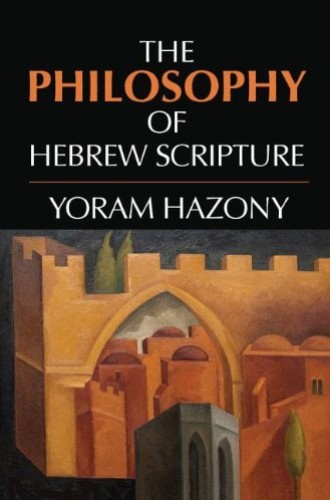Oh, the farmer and the shepherd should be archetypal enemies
By now, we are all familiar with what liberation theology and Catholic social teaching have called the Bible’s “preferential option for the poor.” But what about a biblical preferential option for the rebel?
In a new book by biblical scholar Yoram Hazony called The Philosophy of Hebrew Scripture—which I learned about from Jonathan Yudelman’s review—the story of Cain and Abel receives a reading different from any I have heard. Hazony argues that Cain and Abel represent a fundamental conflict between the archetypes of “farmer” and “shepherd.” The farmer relies heavily on the cycles of nature, on stability and predictability, on tradition without too much innovation. The shepherd, on the other hand, has more reason to disrupt things, to seek out new pastures, to change the way things are done.
When Cain kills Abel, God’s punishment is not to kill him, but to send him out as a wanderer. Following Hazony's logic, God turns Cain from a traditionalist into a seeker. He is compelled to become an outsider, to travel beyond the familiar and see and do things differently. For Hazony, the story of Cain and Abel becomes an important biblical theme.
Here, as elsewhere in Scripture, it transpires that God is not particularly impressed with piety, with sacrifices, with doing what you are told to do and what your fathers did before you. He is not even that impressed with doing what you believe has been decreed by God. All these things, which Cain has on his side of the ledger […] are worth nothing if they are not placed in the service of a life that is directed toward the active pursuit of man’s true good.
Cain must go out from the familiar to seek that good elsewhere. He becomes the builder of the first city, according to the Bible, arguably the archetypal location where humans have gone to seek the new and unfamiliar. Cain, perhaps demonstrating that he has learned his lesson, names the city not after his forefathers but after his son.







